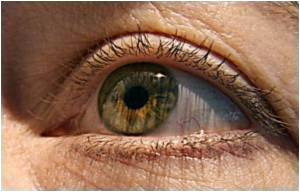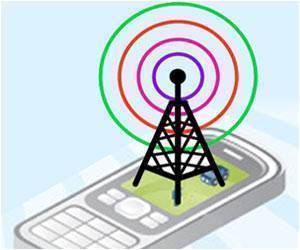Mental health issues are common in people with hearing impairment. Deaf individuals are dependent upon body language and gestures.

It was seen that deaf girls were twice more likely and deaf boys were thrice more likely at the risk of sexual abuse in comparison to those who can hear.
The study highlighted the ineptness of deaf people in accessing the health services and information. They had fear, frustration and mistrust in seeking healthcare services.
Deafness has far-reaching consequences on cognitive, social and emotional development of an individual.
Dr. Johannes Fellinger said, “Improved access to health and mental health care can be achieved by specialist services with professionals trained to directly communicate with deaf people and with sign-language interpreters.”
As per the U.S. research, it was seen that around 25 percent of deaf students have learning disabilities, visual impairment, autism and developmental delay.
The researchers said that the patients of the deaf community require good healthcare services and proper communication as any non-deaf individual.
The review has analyzed the related factors and laid stress on the heterogeneity of the mental problem. This may help the clinicians in comprehending deaf patients individually. The review has also highlighted the importance of preventive measures. Steps should be taken to prevent the abuse of deaf children.
Hearing screening of the newborn helps the parents in establishing good communication with their deaf children early and could reduce mental health problems in later life.
Reference:
Mental health of deaf people; Dr.Johannes Fellinger et al; The Lancet, Volume 379, Issue 9820, Pages 1037 - 1044, 17 March 2012.
Source-Medindia
 MEDINDIA
MEDINDIA




 Email
Email










